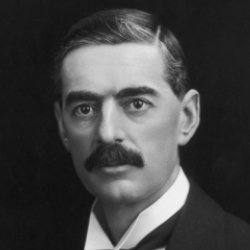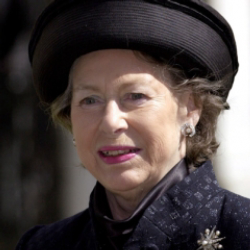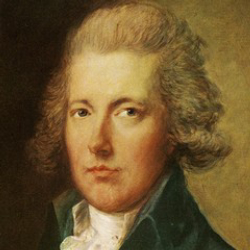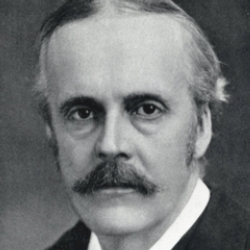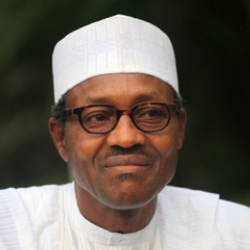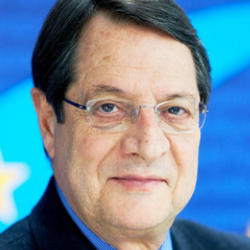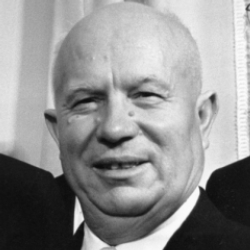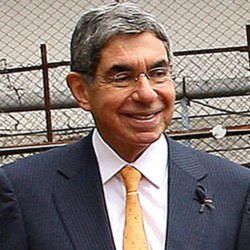Neville Chamberlain Quotations
Neville Chamberlain Quotes about:
-
-
-
-
-
-
-
-
-
-
-
Past Quotes
Ever since I assumed my present office my main purpose has been to work for the pacification of Europe, for the removal of those suspicions and those animosities which have so long poisoned the air. The path which leads to appeasement is long and bristles with obstacles. The question of Czechoslovakia is the latest and perhaps the most dangerous. Now that we have got past it, I feel that it may be possible to make further progress along the road to sanity.
-
War Quotes
In the event of any action which clearly threatened Polish independence and which the Polish Government accordingly considered it vital to resist with their national forces, His Majesty's Government would feel themselves bound at once to lend the Polish Government all support in their power. They have given the Polish Government an assurance to this effect. I may add that the French Government have authorized me to make it plain that they stand in the same position in this matter.
-
-
-
Country Quotes
We are resolved that the method of consultation shall be the method adopted to deal with any other questions that may concern our two countries, and we are determined to continue our efforts to remove possible sources of difference, and thus to contribute to assure the peace of Europe.
-
-
-
-
-
-
-
Sacrifice Quotes
This is a sad day for all of us, and to none is it sadder than to me. Everything that I have worked for, everything that I have believed in during my public life, has crashed into ruins. There is only one thing left for me to do: That is, to devote what strength and powers I have to forwarding the victory of the cause for which we have to sacrifice so much... I trust I may live to see the day when Hitlerism has been destroyed and a liberated Europe has been re-established.
-
-
Morning Quotes
I am speaking to you from the Cabinet Room at 10 Downing Street. This morning the British Ambassador in Berlin handed the German Government an official note stating that unless we heard from them by eleven o'clock, that they were prepared at once to withdraw their troops from Poland, a state of war would exist between us. I have to tell you now that no such undertaking has been received, and consequently this county is at war with Germany.
-
-

